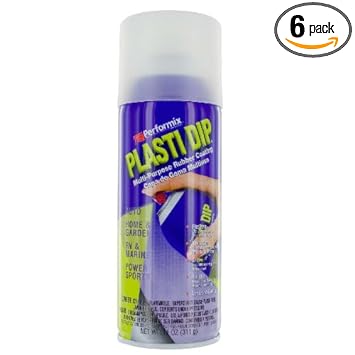glass is a great material, but enough stress will break them. the question is only when and as others said, it is hard to see it coming.
regarding carboys, they are CHEAP. At the same time, I woudn't be willing to pay $300-500 for a simple high quality 23l glass vessel either.
I have still some sitting around; from mouth-blown 54l demijohns down to 19l pressed LHBS junkers. I don't trust anyone of them, but to be fair I only had breakages where I dropped them or really bumped hard into something.
What I don't like about them is the small opening and that I cannot pressurize them (although I have done that before without issue). That's been the major reason I switched to SS.
For other applications like starters, I still use lab-grade glassware (anything from Pyrex, Schott even down to the thin Chinease stuff) - all goes directly on propane, heat-plate or stove without any issue (yet...)






